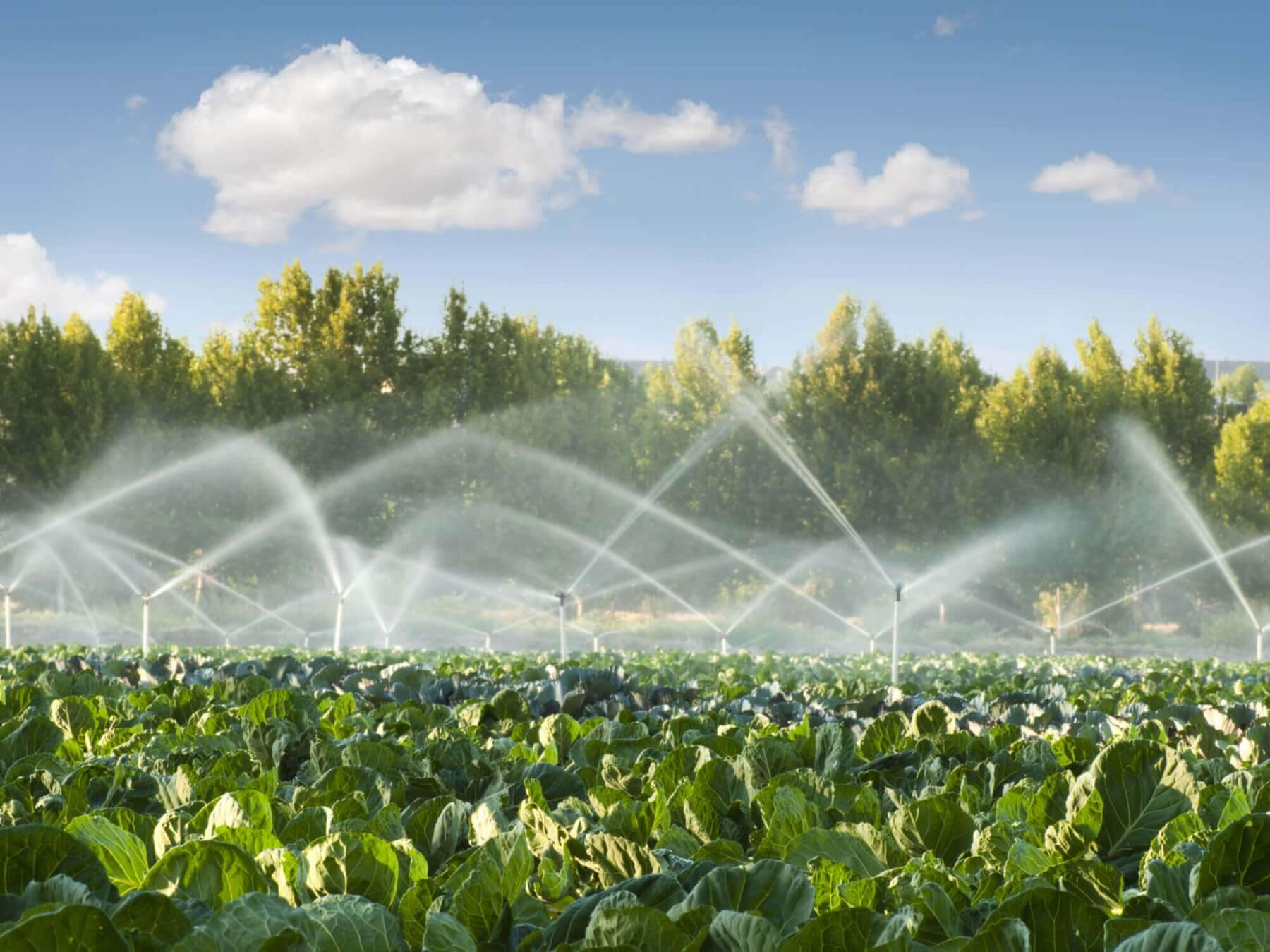Methodologies from the Asian country could be applied to form a fruit production hub in the Northeast of the State of Goias.
Bilateral trade involving the governments of both countries has been a subject for a long time. In June of this year, a visit from representatives of the Ministry of Regional Development and the Goias government to the embassy of the Asian country had as its subject the possibility of carrying out cooperative projects in the field of irrigated agriculture.
Brazil and Israel have a long history of cooperating and exchanging techniques in irrigated agriculture. This partnership began in the 1960s, when Israeli methodologies started being applied to irrigated agricultural production in the semi-arid region of the Northeast.
The Israeli experience in fruit and vegetable production is an experience that can be replicated in Brazil, especially in regions with similar climate such as the Cerrado. This is what Pryscilla Bezerra, general coordinator of Irrigated Agriculture in the MDR (Ministry of Regional Development), points out.
Brazil’s National Irrigation Policy has the objective of organizing the legal framework for the management of irrigation projects, with its main guideline being the induction of efficiency in using water resources for the industry.
In addition, it reinforces the strategy for developing irrigated agriculture, aiming to sustainably increase productivity and reduce climate risks for agriculture and cattle raising. It also reinforces the importance of partnerships between public and private sectors, thus expanding the irrigated area in the country.
With information from https://www.gov.br/mdr/pt-br/noticias/mdr-debate-parcerias-para-agricultura-irrigada-com-a-embaixada-de-israel





Leave A Comment